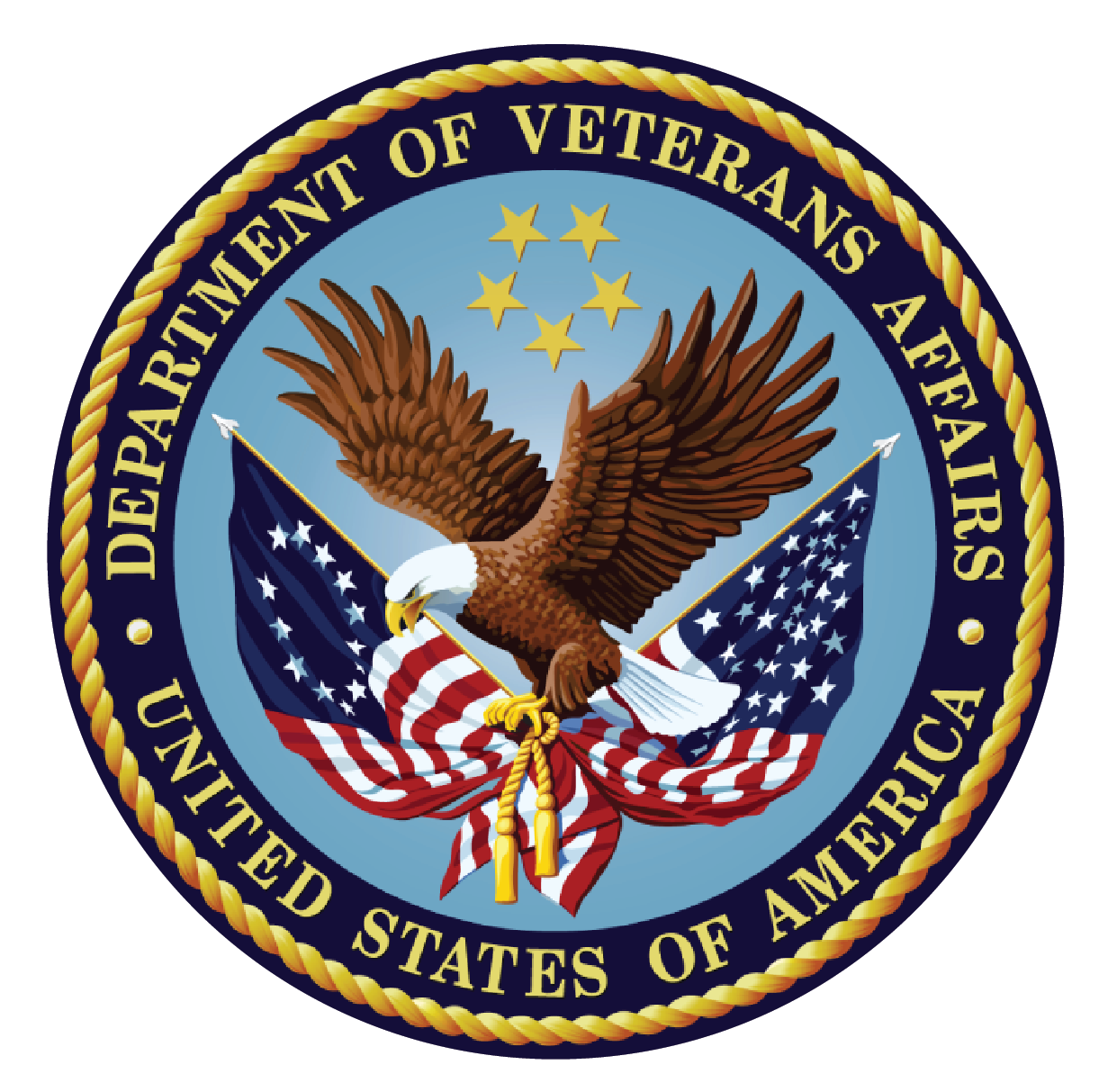Residential Care Information


As the course of the disease progresses, persons with dementia may require more involved care. Thus, despite your best intentions, there may come a time when your loved one might require more care and supervision than what he or she can get at home. The Alzheimer’s Association reports that persons in the middle stages of dementia oftentimes require 24-hour care.
Before reading the content on this page, it may be beneficial to review the following video(s) from the Office of Rural Health (ORH).
Choosing a Nursing Facility
Length: 04:56 (Link opens new window)
As Harold declines, Margaret recognizes she can’t care for him at home any longer. She looks for a facility that can give Harold 24/7 care.
Caregiving in a Nursing Home
Length: 06:00 (Link opens new window)
Harold’s family moves him to a nursing home. Margaret realizes that even with 24/7 care, she can still contribute a great deal to his care.
Would Your Loved One Benefit From Residential Care?
Coming to terms with the idea that your loved one may be better off in a facility is a painful realization. This may also be a difficult transition for you and/or your loved one. Ultimately, you want the best possible care for your loved one with dementia.
The Alzheimer’s Association provides the following list of questions to ask yourself to help determine if your loved one would benefit from residential care:
- Is the person with dementia becoming unsafe in his/her current home?
- Is the health of the person with dementia, or my health as a caregiver, at risk?
- Are the person's care needs beyond my physical abilities?
- Am I becoming a stressed, irritable and impatient caregiver?
- Am I neglecting work responsibilities, my family and/or myself?
- Would the structure and social interaction at a care facility benefit the person with dementia?
Choosing a Facility
There are many things to consider when choosing a facility. These include the type of facility, cost, location, reviews and type of care provided.
When you are selecting a facility, it is very important that you visit and take a tour. If possible, visit several times and at different times of the day to get a better feel for the environment. You may also find it helpful to talk with other residents, their families, and staff members. Ask questions about room availability, costs, and Medicare/Medicaid payments.
The Alzheimer’s Association provides a brief description of the types of facilities, as well as tips for selecting a facility.
Assisted Living Facility (ALF)
These facilities offer some independence but typically have 24 hour staff for assistance if needed. They usually include meals, activities, some health care, activities, and laundry services. The services provided are different from state to state, as are the costs. Some assisted living facilities may have special programs for individuals with dementia.
Nursing Homes 
These may also be referred to as skilled nursing facilities or long term care facilities. These facilities provide around the clock care and assist with nutrition, medications, self-care, and other aspects of daily living.
Alzheimer's Special Care Unit (SCU's)
These units may be independent or found within other facilities, such as assisted living facilities and nursing homes. They offer special care for individuals with dementia and may offer recreational and group activities. If you visit a facility that offers an SCU, be sure to ask them what specific things they offer, if the staff is trained for this type of care, and associated costs.
Tips For a Smooth Transition Into a Residential Care Facility
If your loved one moves to a long-term care facility, here are some tips to help make this transition as smooth as possible.
- Allow time for adjustments to the unfamiliar setting
- When visiting or touring the facility, take your loved one with you to gauge their feelings towards the facility
- Avoid changing the routine that you used at home (medication schedule, meal times, routine daily activities)
- Bring familiar objects to the facility. Make sure to first check with the facility if the objects are allowed.
- Plan on staying for the first couple of hours the first day
- Get your loved one involved. Give them tasks or engage them in simple activities.
While this is likely a difficult transition for you and your loved one,
you made a difficult decision for the well-being of the person with dementia.
Additional Resources 
VA Resources 
US Department of Veterans Affairs
VA values your commitment as a partner in our pledge to care for those who have "borne the battle." We have several support and service options designed with you in mind. The programs are available both in and out of your home to help you care for yourself and the Veteran you love.
- Caregiver Support Network
- VA Caregiver Support Line: 1-855-260-3274
Geriatrics and Extended Care Services (GEC) is committed to optimizing the health and well-being of Veterans with multiple chronic conditions, life-limiting illness, frailty or disability associated with chronic disease, agining or injury. This VA site reviews information on delirium, dementia and Alzheimer's care, decision making, home and community based services, and advance care planning, among many other important topics that may be important for you as a caregiver.
Veteran's Crisis Line Phone: 1-800-273-8255 (Veterans Press 1)
The VA does not endorse the following resources or guarantee that their information is 100% accurate. However, you may be able to find some helpful information by visiting the following pages:
Alzheimer's Association
An easy to use checklist for selecting a residential facility.
AlzOnline: Caregiver Support Online
Tips on how to begin finding help with your caregiving responsibilities.
Eldercare Locator
Find help in your community.
National Association of Area Agencies on Aging
Find caregiver resources available to you in your community.
References: Information adapted from Alzheimer’s Association and Office of Rural Health
If you have any questions or concerns, contact Dementia Caregiver Web Support.



















